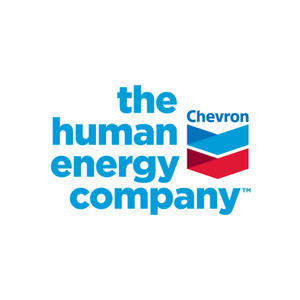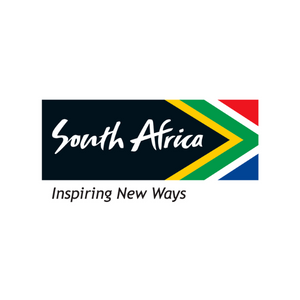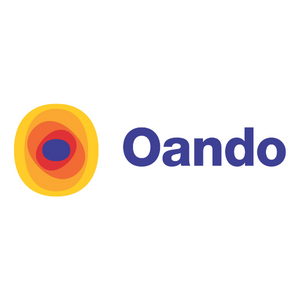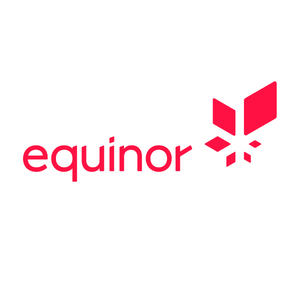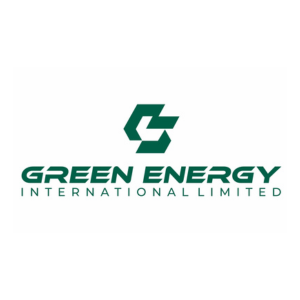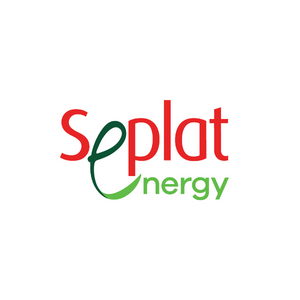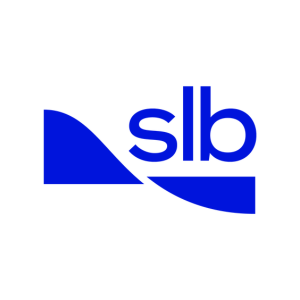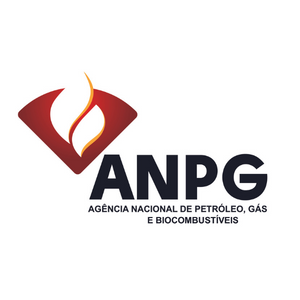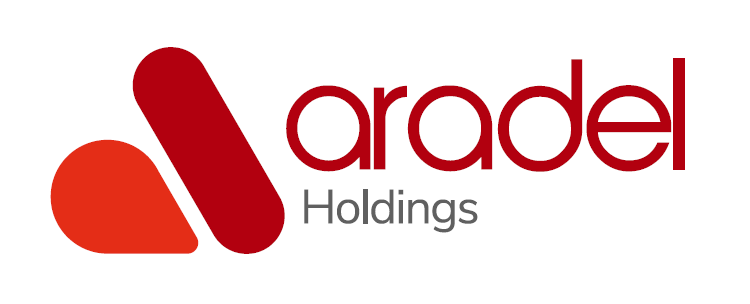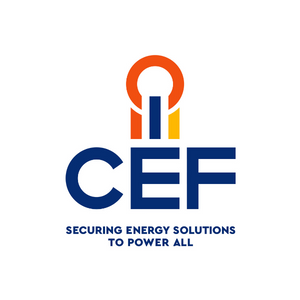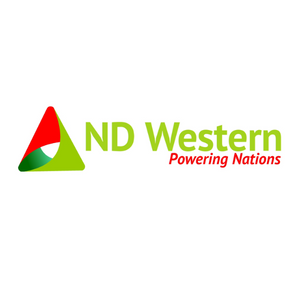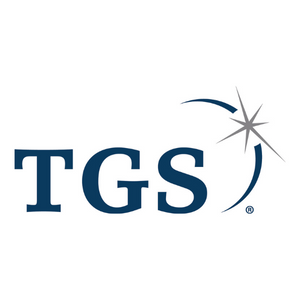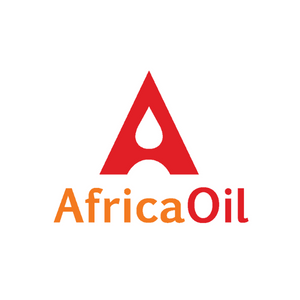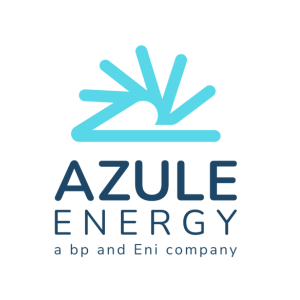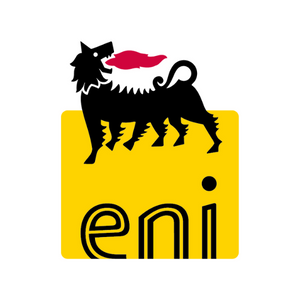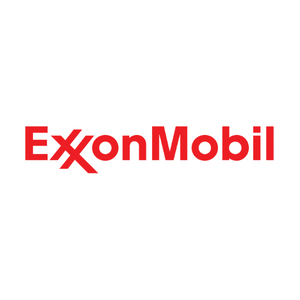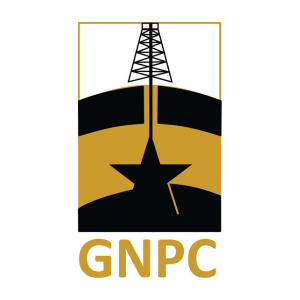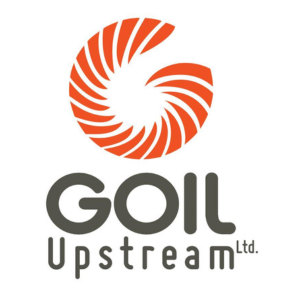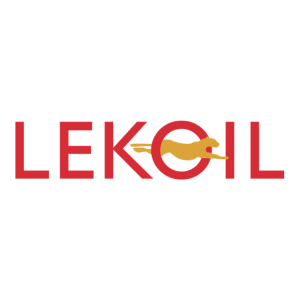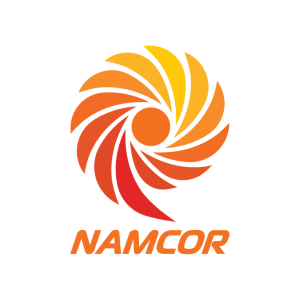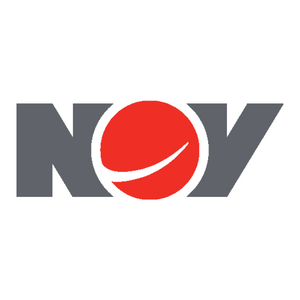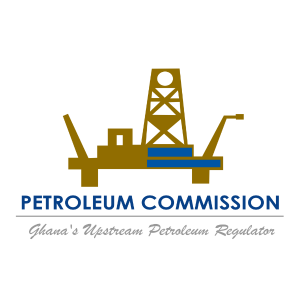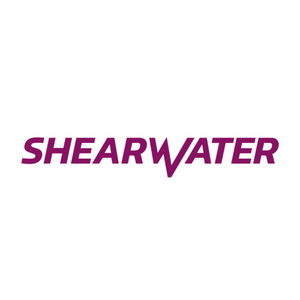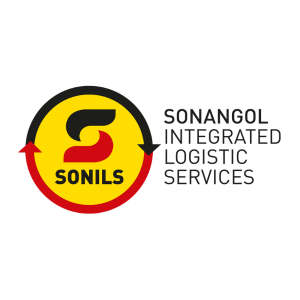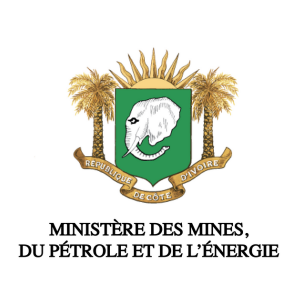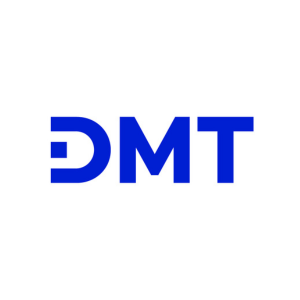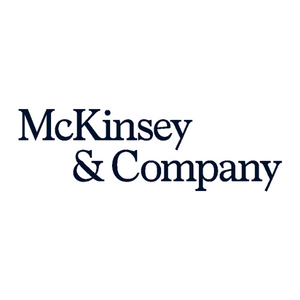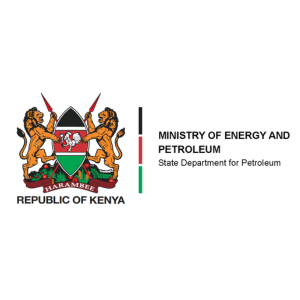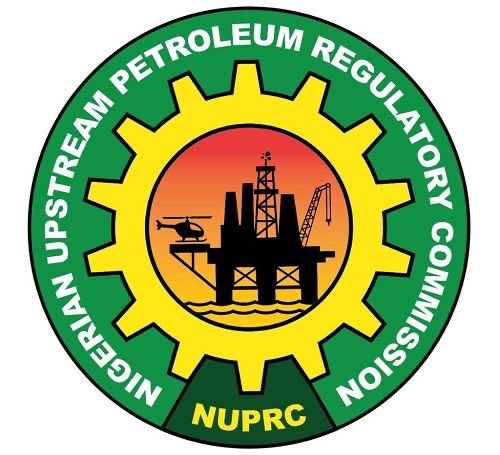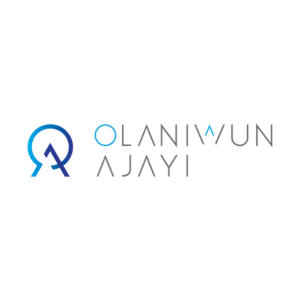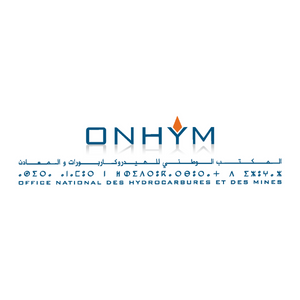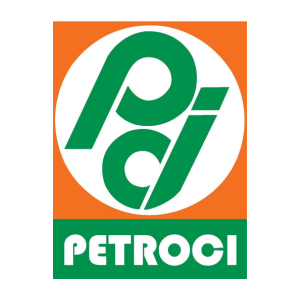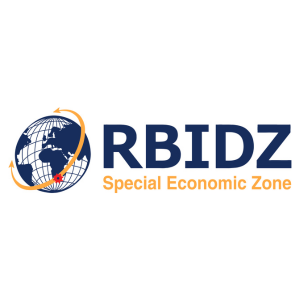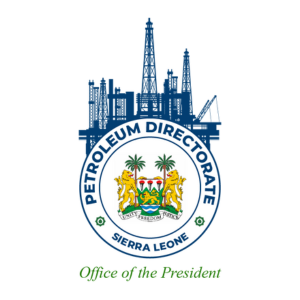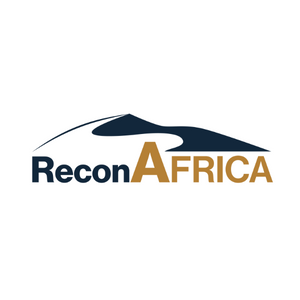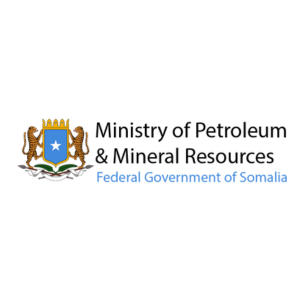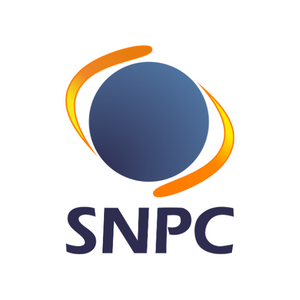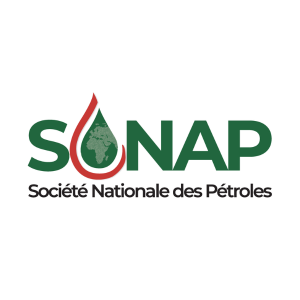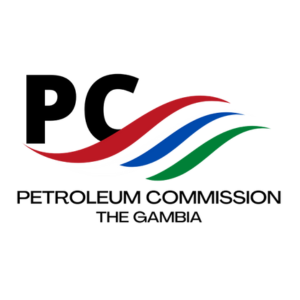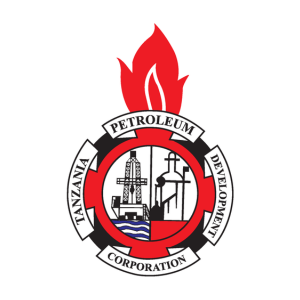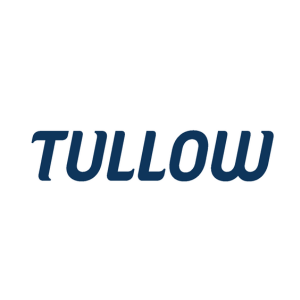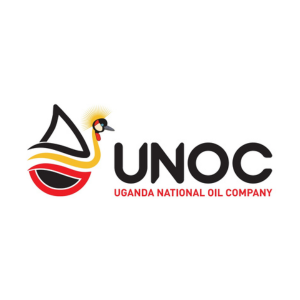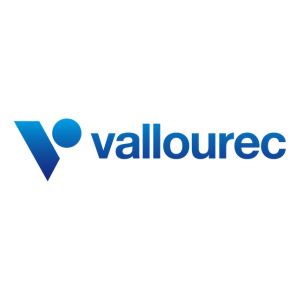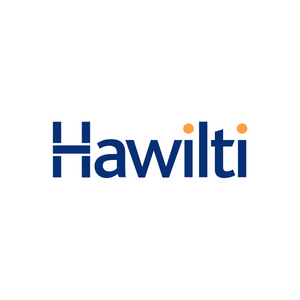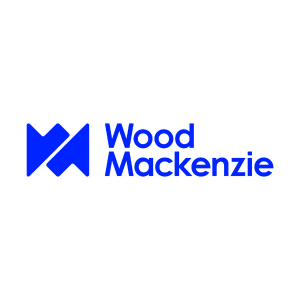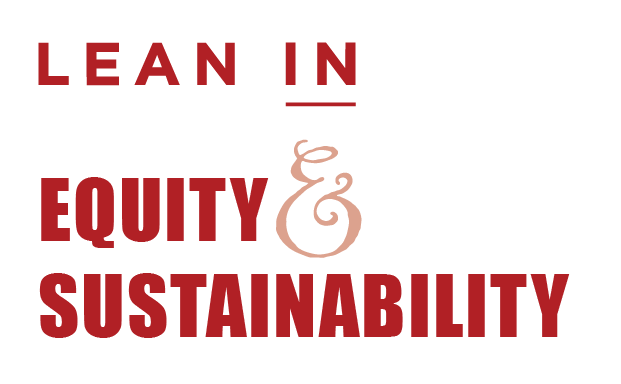Our continent-spanning trip of Africa’s oil and gas markets comes to an end at Nigeria: the continent’s biggest oil producer.
With oil production topping out at 2,053 barrels per day in 2016, and natural gas output topping out at 44.9 billion cubic metres, Nigeria remains a titan of African energy. It’s the continent’s biggest oil producer, by some margin, and it is keen to remain that way.
The economic success of Africa’s biggest economy is tied up with its oil and gas sector. Things have been less than rosy for Nigeria, economically, since the global collapse in oil prices. Growth contracted several percentage points in 2016 and Nigeria slipped into recession.
Crucially, according to Nigeria’s National Bureau of Statistics (NBS), the economy posted 0.55% growth in Q2 2017. That means the economy is picking up, however slowly, so Nigeria can turn its attention toward refining its hydrocarbon industries to encourage further economic stability.
As much as $50 billion is being primed for investment, according to Minister of State for Petroleum Resources, Dr Ibe Kachikwu.
In May 2017, Dr Kachikwu said: “The Federal Government of Nigeria has launched a National Economic and Growth Plan for the next four years. This is anchored on the Nigeria Oil and Gas Roadmap among other sectoral roadmaps. This roadmap presents exciting opportunities for financial and strategic partnerships in excess of $50 billion.
The money is to be split like this, says Dr Kachikwu:
>> $13-17 billion for development of upstream gas fields
>> $14-17 billion for the Trans-Nigeria gas pipeline project, gas revolution industrial park in Ogidigben, and three 3.2 GW capacity power plants
>> $2.5–5 billion investment in refinery construction and refurbishment
>> $3–3.9 billion to develop LNG nationwide
>> $0.7-1 billion in ventures such as equipment leasing, and development of industry-specific hospitals and treatment centres
But first on the agenda is the full passing of the Petroleum Industry Bill (PIB). Split into four parts (Petroleum Industry Governance Bill, Petroleum Industry Administration Bill, Petroleum Industry Fiscal Bill, and Petroleum Host Community Bill), this piece of legislature is being fast-tracked into law.
The PIB establishes a legal and regulatory framework, institutions, and regulatory authorities for the Nigerian petroleum industry. It also stipulates deadlines for operations in upstream, midstream, and downstream activities. The bill’s purpose is to ensure industrial activity is as transparent and profitable as possible.
Bukola Saraki, President of the Nigerian Senate, has said the PID’s passage could be ensured by December 2017.
Nigeria has plenty of resources to draw from. BP’s 2017 Statistical Energy Review reveals it sits on provable resources of 48.4 billion barrels of oil and 5.3 trillion cubic metres of natural gas. that might explain why it has consistently attracted IOCs and majors for over 60 years of sustained production.
Exploration and sustained international investment is a key component in Nigeria’s hydrocarbon development strategy. It has been allowing foreign companies exploration rights in important acreages since day one, with ExxonMobil responsible for the latest significant find.
Out in the offshore Owowo field, initially discovered by Total, Exxon discovered substantial resources in 2016. Owowo-3 holds as much as one billion barrels of crude reserves.
ExxonMobil holds a 27% interest in Owowo. Its joint venture partners include Chevron Nigeria Deepwater G Limited (27%), Total E&P Nigeria Limited (18%), Nexen Petroleum Deepwater Nigeria Limited (18%), and the Nigeria Petroleum Development Company Limited (10%).
Nigeria is gearing up to announce a new licensing round, focussed on its marginal fields (those in difficult to reach and develops geographies), either late in 2017 or earlier the following year. What’s available for potential bidders? As many as 40 on and offshore blocks, including some huge finds.
Shell-operated Egbolom, in OML (Oil Mining Lease) 23, is expected to be the big prize. However, this is located in the Niger Delta, amongst Nigeria’s most controversial oil producing regions, which might put off bidding companies.
Discoveries from Agip are said to be on offer too – but this marginal fields round is only likely to succeed should Nigeria fully ratify its updated Petroleum Industry Bill.
Offshore acreages are expected to continue garnering attention from top multinationals. Statoil, for instance, is planning on investing more than $10 billion in offshore gas projects going forward.
Statoil’s Executive Vice President, Development and Production International, Lars Christian Bacher said that Nigeria’s biggest deepwater field, Agbami, located 110 kilometres off the Nigerian coast, is a key asset in Statoil’s international portfolio.
Still, indigenous companies are beginning to close the competitiveness gap. Seplat, Oando Plc, Nestoil, Newcross Petroleum Limited, and Aiteo, are some Nigerian players that industry analysts observe with keen interest. Seplat alone is producing about 50,000 barrels per day of crude, while Oando Energy had similar output of 43,504 bpd.

